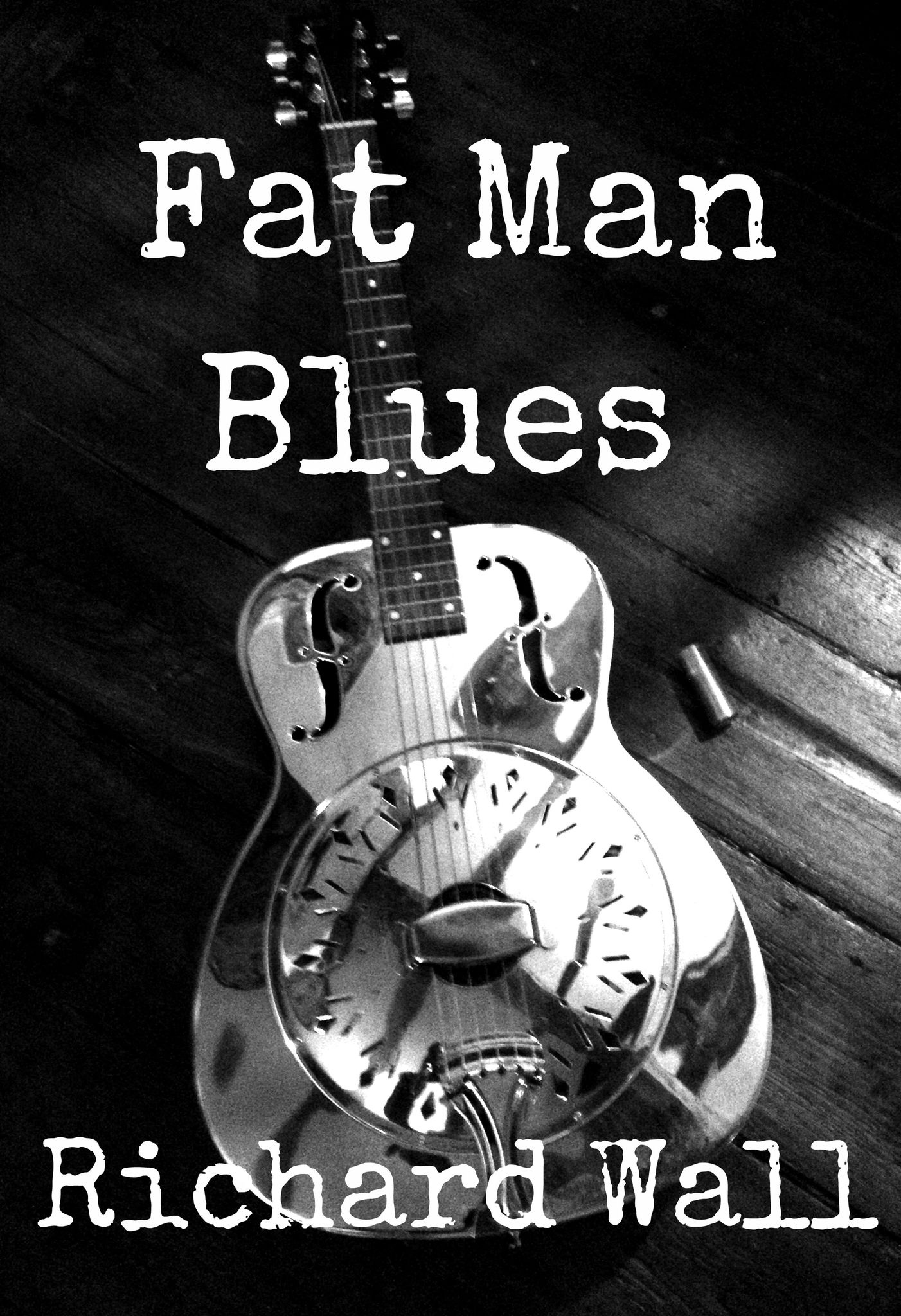THE STAGE 32 LOGLINES
Post your loglines. Get and give feedback.

FAT MAN BLUES
By Richard Wall
When a terminally ill English blues fan in present-day Mississippi trades his soul for a cure and the chance to go back the 1930s to film his blues heroes, he soon encounters the harsh realities of the life behind the music he loves, and the true price of the deal that he has made.
SYNOPSIS:
Englishman, Hobo John is a blues enthusiast with terminal cancer, on a “bucket-list” pilgrimage to present-day Mississippi. In Red’s he meets the mysterious FAT MAN, an obese black man of indeterminate age who offers to show Hobo John the real blues of the 1930s. Hobo John dismisses Fat Man as a drunk. Later that night he meets a wealthy collector of old blues records.
Back in his room at the Ground Zero Blues Club, Hobo John falls seriously ill. He is alone, scared, and close to death. Fat Man appears, and offers to not only take away the cancer, but also to take him back in time to see the real blues – in the afterlife of 1930s Mississippi – where he’ll travel around looking for old blues singers to film and record, giving the recordings to Fat Man to sell back in the real world (new recordings of old blues singers would be priceless).
In return, Hobo John must trade his soul.
Hobo John has nothing to lose, and agrees to the deal without question.
They meet at midnight at a church at a crossroads. Once the deal is done, Hobo John and Fat Man cross over to the afterlife, where they’re met by the Keeper of the Crossroads, a tall thin black man with a white painted face, who’s angry that Hobo John is in the afterlife before his time.
Hobo John travels around rural Mississippi, and gets into a fight with two members of the KKK. Leaving town in a hurry he goes to a ‘fish-fry’ at a black sharecropper’s farm, where he films and records several blues singers. Later that night the KKK burn the farm and lynch two members of the family. Fat Man is furious when he is told that the recording equipment is lost in the attack, but after searching around they recover it from a pawnshop in the town of Crystal Springs. Whilst negotiating with the owner, Hobo John spots something of interest in the corner of the shop…
Hobo John carries on and meets TRAVELLIN' MAN, an elderly bluesman. Travellin’ Man shows him the harsh realities of racism, exploitation and violence, suffered on a daily basis by black people in the Mississippi Delta. The two become great friends and soon Hobo John is in his element, filming performers and living the itinerant blues life he has always dreamed about.
On their way to a party at a cotton plantation, they come across a crazy woman who shoots and kills Travellin’ Man and then shoots herself. Grieving for his friend, Hobo John continues to the party alone, where he meets up with all of the musicians he has met along the way. As he begins to film them, each of the bluesmen collapses and dies slowly and horribly in front of his eyes. The Keeper of the Crossroads appears and explains that a person’s soul can exist in only one place. If living eyes are cast over a passed soul, then the soul is gone forever.
Fat Man shows up and admits that he knew this would happen, but he didn’t care because he was making money back in the real world. He also admits that he was responsible for the death of Travellin’ Man, arguing that he would have died one way or another.
Hobo John is mortified. Not only was Fat Man playing him all along, but he has also played a part in exploiting the blues singers he has met. He tells Fat Man that he wants out of the deal. Fat Man tells him that it will cost half a million dollars, to be delivered in one week.
Hobo John returns to the pawnshop. The item he spotted was a collection of Paramount 78RPM recordings of Charley Patton (worth a fortune today). He buys them and makes his way back to the crossroads.
Back in the present-day, Hobo John contacts the record collector that he met earlier, sells him the records, and then goes to a black law firm in Clarksdale to set out his plan to make good all the wrong he has done.
Fat Man waits at the old church. Hobo John hands over the cash. Fat Man returns the cancer, and boasts that he will make millions of dollars from sales of the recordings. Hobo John explains that as the person who made them, he holds the copyright and he has instructed a law firm to pay any profits from the recordings to the performers’ descendants.
Hobo John tells Fat Man that his lawyers have issued a Cease and Desist order to all of Fat Man’s associates, preventing them from publishing the recordings. Realising that he is beaten, Fat Man flies into a murderous rage and Hobo John runs for his life as Fat Man demolishes the old wooden church and then drives away.
At peace with his fate, Hobo John ends his days in his room at the Ground Zero Blues Club.
To be continued…


Rated this logline
Rated this logline